Is there a name for this kind of sentence?
A colleague who teaches journalism writes to say that she’s seeing too many sentences like this:
- What I take from this interaction is that it’s important to be empathetic...
- What strikes me most about the reporting team’s process is...
“I'm having trouble explaining succinctly why this is bad writing,” she adds. “It's clearly unnecessary verbiage, but is there a name for this kind of sentence?"
These examples are variations on what I call "false starts." When you begin with "It is" or "I think," you launch with an icky subject and bury the meat of the sentence in a "that" phrase. In this case, the writer is also inserting herself into the situation unnecessarily. And there’s an additional problem: such a sentence engages in the kind of rhetorical hedging William Zinsser (in On Writing Well ) once deplored—without even using the usual "it seems."
As for the grammatical explanation (which to me is less important than the stylistic ones above), the writer is starting with a relative clause and then having to use another relative clause instead of a nice clean, subject + verb clause. It's easy to fix if you understand syntax:
"What I take from this interaction is that it’s important to be empathetic" becomes:
- This interaction shows the importance of empathy...
And "What strikes me most about the reporting team’s process" becomes:
- The reporting team's process is striking in its...
—Constance Hale
| |
Share This:





